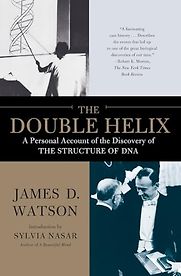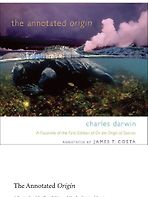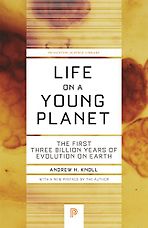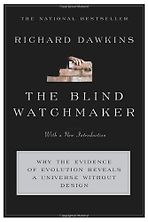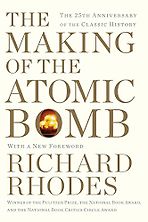Recommendations from our site
“Before Watson and Crick began their work, it was realised that genes are made of DNA; the double helix structure revealed two things. First it tells us how genes replicate—which was what Watson was particularly obsessed about—because the two strands of the molecule are reciprocal and so, if the cell can read what’s on one strand, it can then copy it and you get two daughter double strands. That’s what happens in the cell every second, it’s happening in your cells right now. What I think is even more exciting is that Watson and Crick realised that the order of bases—the rungs that hold the ladder of DNA together—is highly significant. The sequence of those bases is what they called in their second 1953 article in Nature (after they had described the double helix structure) ‘genetic information.’ This is what genes contain. This realisation was an incredible moment in human history. In his book, Watson described what was a very exciting time to have been alive. Anybody who reads The Double Helix is drawn into this world of competition and excitement and academic existence, much of which no longer exists because of the changes in the way that science is done, and the increasing pressure on academic time from various sources.” Read more...
The best books on The History of Science
Matthew Cobb, Scientist
“I have a copy here which I got him to sign. It is signed James Watson in rather small, tiny writing…James Watson was an enormously brash American and Francis Crick was hugely thoughtful…I don’t think they remained friends for very long because they were such different people. But the book itself is a vivid and fairly hilarious account of life in Cambridge in the middle of the last century, with some science thrown in. And it is Watson’s personal account…The discovery of the double helix was fascinating because various people were working on it – Linus Pauling in California and Rosalind Franklin in King’s College London and she was very close. James Watson acquired her results without asking her, which I think was really bad news. And they went off and made this wild guess and they guessed right. And full marks – they were bright young men both of them – but they made a brilliant guess and the result was that they and Maurice Wilkins shared a Nobel Prize and Rosalind Franklin didn’t, which was very unfair.” Read more...
Favourite Popular Science Books
Adam Hart-Davis, Broadcaster
Our most recommended books
-

On the Origin of Species
by Charles Darwin & James Costa -

Life on a Young Planet: The First Three Billion Years of Evolution on Earth
by Andrew H Knoll -

The First Three Minutes
by Steven Weinberg -

The Blind Watchmaker
by Richard Dawkins -

The Making of the Atomic Bomb
by Richard Rhodes -

The Disappearing Spoon: And Other True Tales of Madness, Love, and the History of the World from the Periodic Table of the Elements
by Sam Kean
